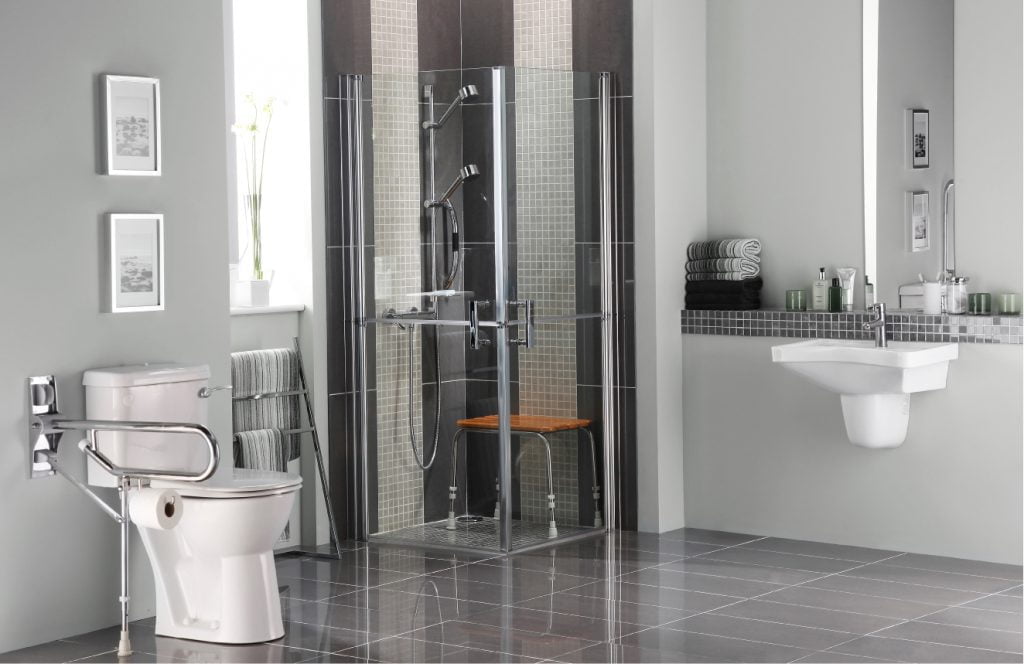
Why A New Bath Lift Can Transform Your Bathing
The news in Berkshire and elsewhere is invariably full of stories of new housing developments, as well as other reports about how some proposed developments are the subject of opposition and may not go ahead.
However, what is sometimes not covered so readily is just how many of those homes may be accessible to begin with, rather than requiring conversions.
For example, a current controversy in Berkshire relates to a proposed 2,500-home development at Twyford. The Reading Chronicle noted that the plans from Berkeley Group, which centre on a site just east of Twford, come with proposals for a new railway station and would be in an area Wokingham Council has listed as being in serious need of new homes.
At the same time, opponents have noted the proposed site is on green belt land, while there is doubt that plans for a new station would be fulfilled. While Wokingham Council has included the scheme in its local plan, Ruscombe Parish Council, where Twyford is located, has objected, citing a local poll of residents showing overwhelming opposition.
All this means that the plan is currently undergoing a consultation, with the distinct possibility that the proposal will go to a public enquiry and either not proceed or be delayed for several years.
In the midst of all this, what appears absent from the debate is the question of how many homes among the 2,500 would be equipped with mobility bathrooms or other features to help those whose with disabilities.
What is certain, of course, is that however many there are planned, the number will be zero if the objections to the development are upheld.
Given the pressure on housing demand in Berkshire and the potential for future proposals to be stymied, finding a home that is readily fitted with everything you need is unlikely. For that reason, the best route to go down is modification of existing properties. This can be the way to ensure there are enough bath lifts in Reading for those who need them.
Even when new homes are provided with mobility in mind there can be shortcomings. Earlier this month, the BBC covered a novel instance of Cornwall County Council buying up 29 one-bedroom modular home units. These miniature dwellings, which will be placed in locations across the county, are all designed to be wheelchair accessible and ideal for those with limited mobility.
Portfolio holder for housing and planning at Cornwall County Council Olly Monk said the move is about “recognising that there are people in our communities that really need our help, and us providing them with an exceptional quality housing solution that can be deployed quickly”.
Cornwall’s move emulates that by a number of local authorities who have installed similar tiny but accessible modular homes, including Cambridge City Council, Ipswich Borough Council and the London Borough of Haringey. Several housing associations have also used them.
The snag, of course, is that the very small sizes of these homes make them far from ideal for many. Each has a kitchen, living and dining area, bedroom and bathroom. That, of course, is of little use for families where one member is of restricted mobility, or where more storage space is needed.

